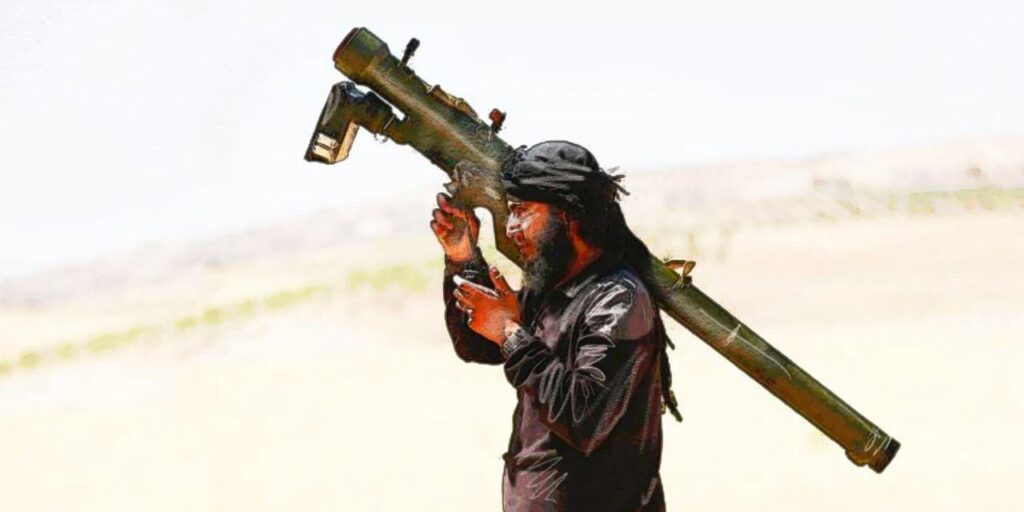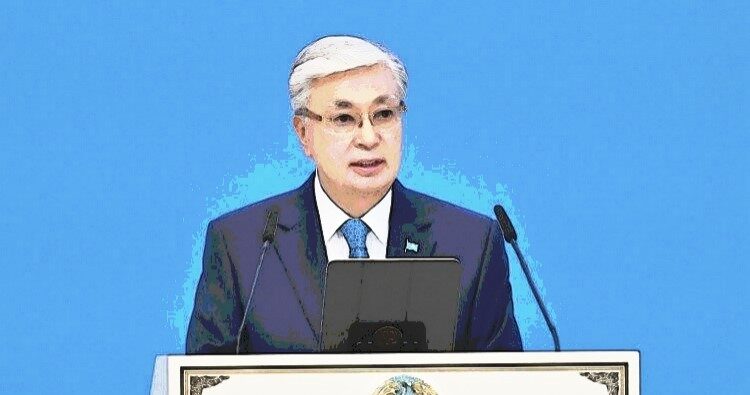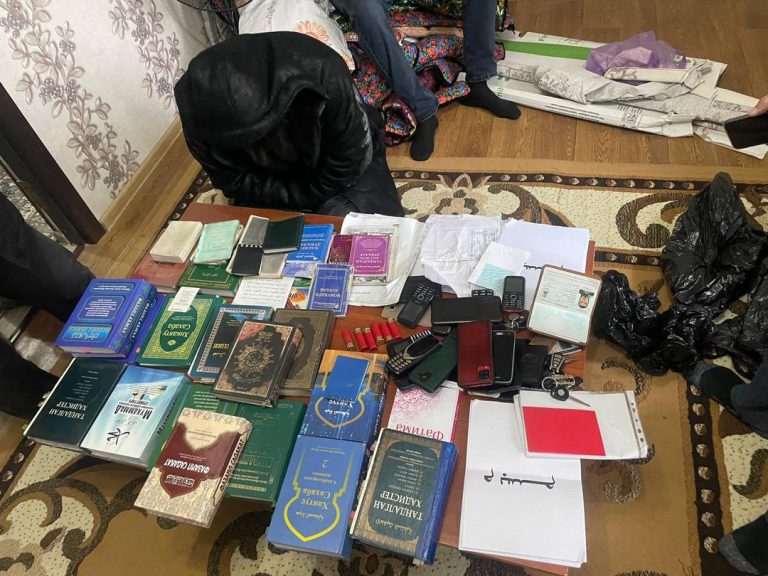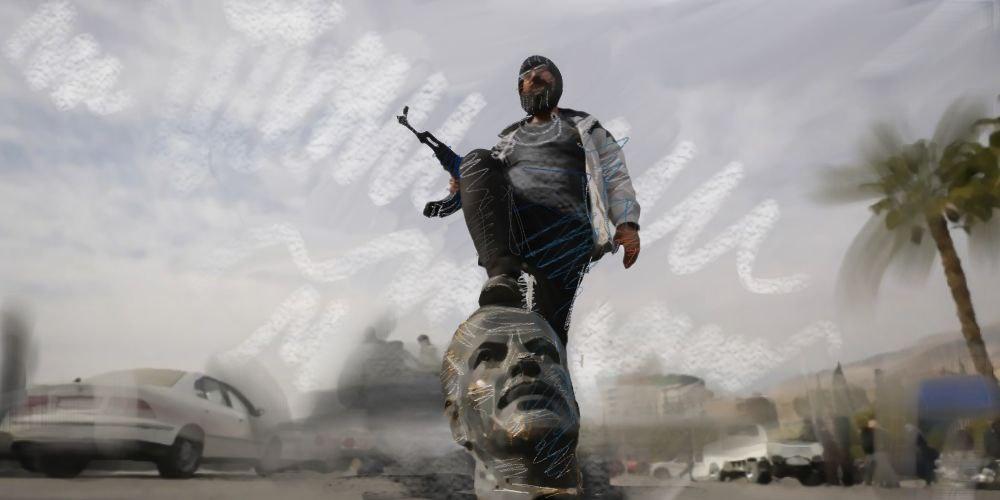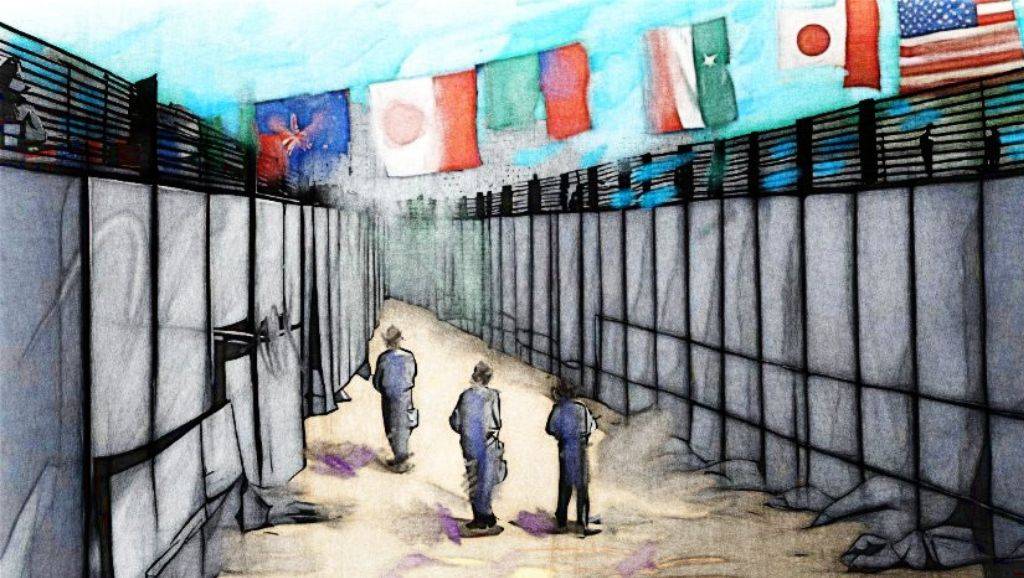According to experts, the recent collapse of President Bashar al-Assad’s regime in Syria raises concerns about potential destabilization in Central Asia. This development may force regional governments to repatriate citizens who were lured by Islamist propaganda, while the future of the Astana format negotiations on Syria remains uncertain.
The swift coup d’état in Syria saw opposition forces capture Damascus and much of the country within days. Bashar al-Assad fled to Moscow, leaving a chaotic landscape dominated by the Islamist group Hayat Tahrir al-Sham, often described as a successor to ISIS and Al-Qaeda. The situation has plunged Syria into further instability.
The Impact of Operation Zhusan
Kazakhstan has firsthand experience dealing with the repercussions of Syria’s instability. Between 2013 and 2017, hundreds of Kazakh citizens succumbed to Islamist propaganda, crossing borders illegally to join the conflict, often with their families. In response to the humanitarian crisis, Kazakhstan launched Operation Zhusan (“Wormwood”) in January 2019 to repatriate citizens trapped in Syria.
The operation, conducted in five stages and completed by February 2021, repatriated 607 citizens, 37 men, 157 women and 413 children (34 of whom were orphans). The government set up a rehabilitation center near Aktau on the Caspian Sea to provide treatment, restore documents, and offer vocational training for adults and education for children.
All 37 repatriated men were detained and later convicted of terrorism-related activities, receiving sentences ranging between 6 and 14 years, whilst 18 women faced prosecution. Despite the operation’s success, many in Kazakhstan fear the returnees and their children might spread radical ideologies within the country.
Lessons from the Region
Other Central Asian countries have also grappled with the challenge of repatriating citizens from Syria. Bakhtiyor Babadjanov, an expert from the Institute for Strategic and Regional Studies under Uzbekistan’s president, detailed the experiences of Uzbek women lured to conflict zones. These women often found themselves deceived and abandoned in dire conditions, as described in an interview.
“The ‘happy caliphate’ turned out to be a myth,” Babadjanov explained, recounting stories of women and children abandoned without food or shelter during battles in Mosul. Survivors reported forced marriages, child abuse, and exploitation under the guise of religious duty.
The Uncertain Future of the Astana Process
Another significant connection between Central Asia and Syria has been the Astana process, a series of negotiations aimed at resolving the Syrian conflict. Since 2017, Kazakhstan has hosted 22 rounds of talks, including discussions on hostages, missing persons, and settlement efforts.
However, the recent escalation in Syria casts doubt on the process. In late November and early December, armed opposition groups launched a large-scale offensive, capturing key cities, including Aleppo and Damascus. Despite this upheaval, Russian presidential spokesman Dmitry Peskov insisted the Astana process remains relevant as a platform for dialogue and consultation, notwithstanding the fact that Assad is now in Moscow.
Heightened Risks of Destabilization
Experts in Kazakhstan and Central Asia have warned that the fall of Assad’s regime could lead to prolonged anarchy, ethnic and religious conflicts, and a refugee crisis. Political scientist, Daniyar Ashimbayev, emphasized the risks of Central Asians involved in Syria’s conflict returning home, potentially recruiting others to join extremist causes. His views were echoed by co-founder of Astana Open Dialogue, Alexander Danilov, who stressed the need for vigilance, writing that “when state institutions are seized by force, a serious power vacuum occurs, which ultimately leads to chaos and anarchy.”
Tajik political analyst, Sherali Rizoyon, has highlighted the renewed strength of radical groups, warning of increased extremist propaganda and jihadist recruitment. Rizoyon noted that Syria remains a magnet for fighters from Central Asia, making it a new epicenter of international jihadism. Fellow analyst, Rustam Azizi, concurred, predicting heightened activity from radical networks both in the region and online.

